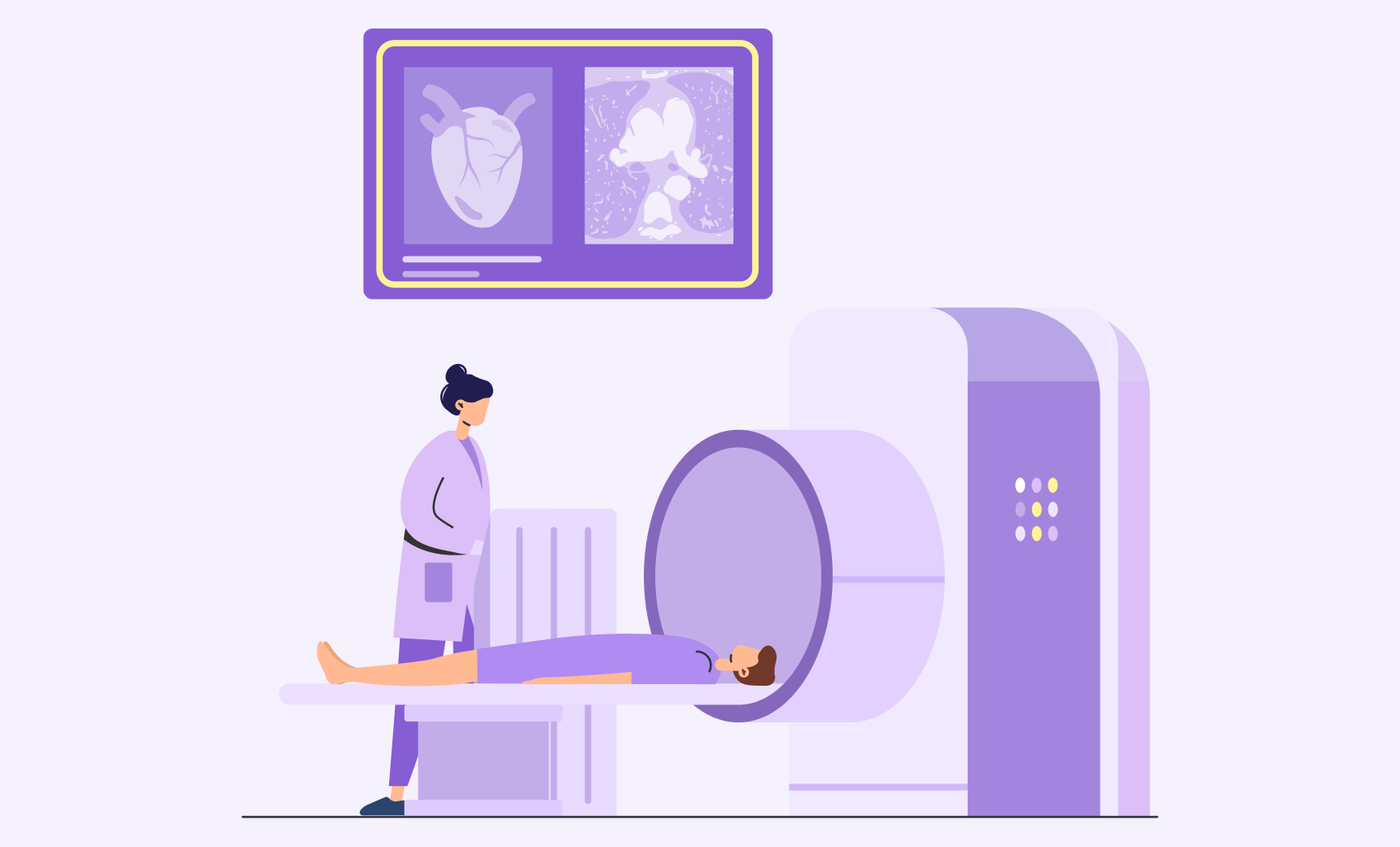
Raising Awareness for Pancreatic Cancer
With the recent loss of beloved Jeopardy host Alex Trebek, pancreatic cancer is deserving of our undivided attention. Regardless of which organ it affects, all types of cancer are devastating to their victims and families. However, pancreatic cancer is unique because of how aggressive it is. The reason being is because it is diagnosed in its late stage. According to the American Cancer Association, 55,000 diagnostic cases are made in America each year. About 57,600 people (30,400 men and 27,200 women) will be diagnosed with pancreatic cancer. About 47,050 people (24,640 men and 22,410 women) will die of pancreatic cancer. Pancreatic cancer notably claimed the life of Apple’s founder Steve Jobs, movie star Patrick Swayze, Justice Ruth Bater Ginsberg, tenor Luciano Pavarotti, actor Alan Rickman, astronaut Sally Ride, NFL’s Gene Upshaw, and countless more.
What is it?
Pancreatic cancer is simply cancer of the pancreas. The pancreas is a digestive organ and endocrine gland that helps aid in digestion by releasing digestive enzymes to the GI tract to help break down food. The anatomy of the pancreas is divided into three parts; the head, body, and tail.
According to Hopkins Medicine, 90% of pancreatic cancers are classified as adenocarcinoma. Other types include; Squamous Cell Carcinoma, Adenosquamous Carcinoma, and Colloid Carcinoma.
What are the early warning signs, symptoms?
Symptoms of pancreatic cancer only appear in the later stages, making this particular cancer unique. Signs of the late-stage are non-specific. However, the more common symptoms include; sudden weight loss, jaundice (yellowing of the skin), loss of appetite, fatigue, dark urine, and abdominal pain.
Risk factors?
The following list below are the risk factors for pancreatic cancer:
- Age, with nearly 90 percent of all pancreatic cancers found in people aged 55 and older
- Nearly one-third of all pancreatic cancers are linked to smoking cigarettes.
- Gender, with cancer somewhat more common in men than women
- Obesity
- Diabetes
- Chronic pancreatitis
- Cirrhosis of the liver
- Helicobacter pylori (H. pylori) infection
- Family history
- Genetic mutations – PRSS1 (familial pancreatitis), NF1 (neurofibromatosis, type 1), BRCA2 (hereditary breast and ovarian cancer syndrome), p16 (familial melanoma)
- Inherited syndromes: Lynch Syndrome, Peutz-Jeghers Syndrome (PJS), Von Hippel-Lindau Syndrome (VHL), MEN1 (multiple endocrine neoplasia type 1)
How is it diagnosed? (which tests that can be booked on LF)
Diagnosing pancreatic cancer is done by an abdominal CT scan. A CT scan is a medical technology that takes numerous X-Rays at a single time to provide a complete picture of the body. Pancreatic abnormalities can be visualized utilizing this method.
LabFinder offers medical testing of all kinds along with a secure portal to view results that can be sent to physicians. Click here to book an appointment.
How can it be treated?
As with all cancers, the treatment is case dependent. However, the triad of treatments include; radiation, chemotherapy, and surgery.
According to the American Cancer Association, surgical intervention is the best possible option for patients with late stages. There are different types of surgical procedures:
- Whipple procedure (pancreaticoduodenectomy) – is the most common procedure that removes the pancreas’ head and some parts of the body. The Whipple procedure requires a very skilled and experienced surgeon who performs this procedure often due to the complex anatomical nature of which the pancreas head resides.
- Distal Pancreatectomy – is a surgical procedure that removes the tail of the pancreas. Parts of the body and the spleen are also removed.
- Total Pancreatectomy – is complete removal of the pancreas and the gallbladder, part of the stomach and small intestine, and the spleen. This surgery might be an option if cancer has spread throughout the pancreas but can still be removed.
How can we reduce our risk/prevent being diagnosed?
Since smoking is considered one of the primary risks of pancreatic cancer, the best way to reduce that risk and prevent cancer is to quit smoking. Another way to reduce the risk is to reduce alcohol consumption. Excessive alcohol consumption can lead to pancreatitis, which can increase the risk of pancreatic cancer.
Pancreatic cancer is a devastating disease. If there is a strong family history, it does not hurt to get an abdominal CT to check as an early preventative measure.
LabFinder offers medical testing of all kinds along with a secure portal to view your results, which you can send to your physician. Click here to book an appointment.




Andy Alem
The LabFinder Editorial Team is behind The Illuminator and The Insider, LabFinder’s consumer and business blogs.
Dr.Robert Segal
Dr. Segal is CEO and co-founder of LabFinder, as well as a board-certified cardiologist. He began practicing medicine in 2002 and has founded several businesses, including Medical Offices of Manhattan and Manhattan Cardiology.